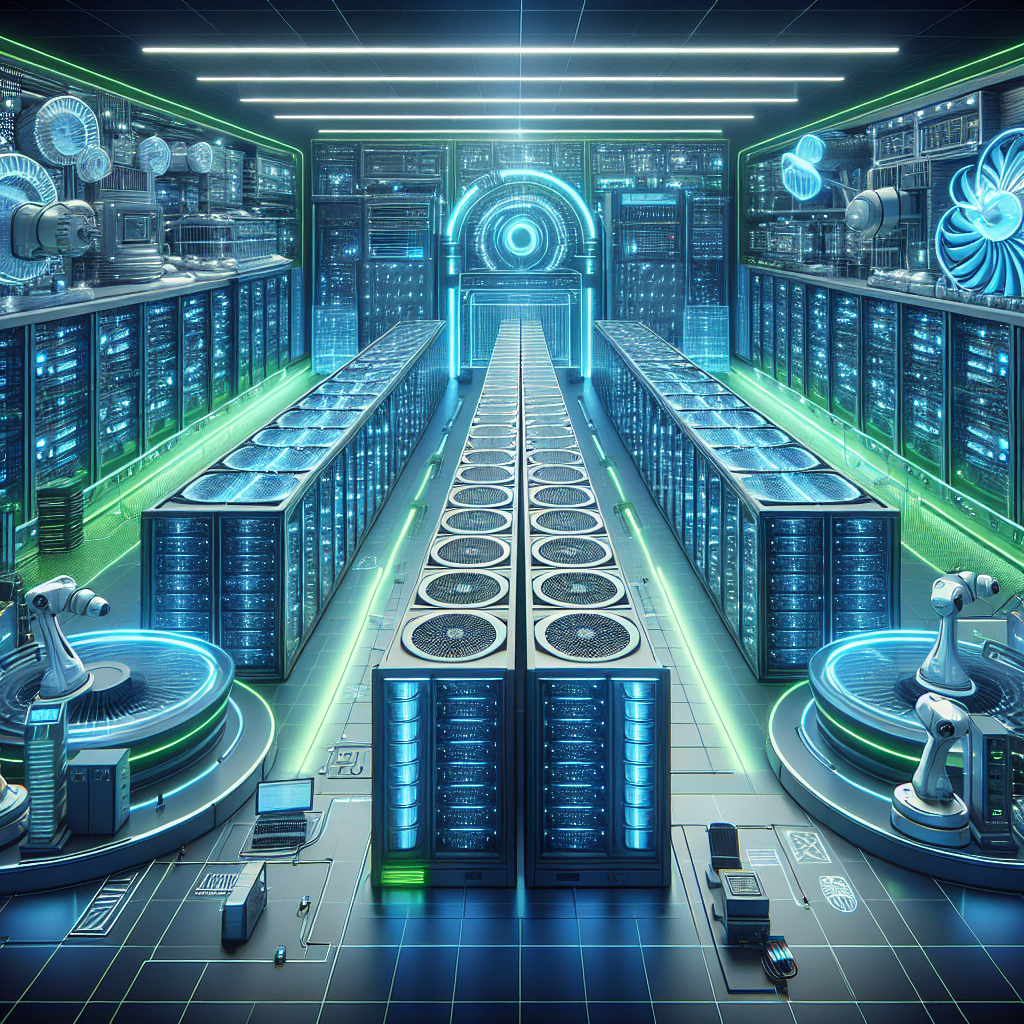Data Center Efficiency 2.0: The Future of Operational Excellence
Data centers are the backbone of today’s digital economy, powering everything from online shopping to social media to cloud computing. As the demand for data continues to skyrocket, data center operators are facing increasing pressure to maximize efficiency and reduce costs.
Data Center Efficiency 2.0 is the next generation of operational excellence in data center management. It represents a shift from traditional approaches to efficiency, which focused primarily on reducing energy consumption and optimizing cooling systems, to a more holistic and integrated approach that encompasses all aspects of data center operations.
One of the key drivers of Data Center Efficiency 2.0 is the growing adoption of artificial intelligence and machine learning technologies. These advanced analytics tools enable data center operators to gather and analyze vast amounts of operational data in real time, allowing them to identify and address inefficiencies before they become major issues.
For example, AI-powered predictive analytics can help data center operators anticipate equipment failures and proactively schedule maintenance, reducing downtime and improving overall reliability. Machine learning algorithms can also optimize workload distribution across servers, ensuring that resources are used efficiently and reducing energy consumption.
Another key component of Data Center Efficiency 2.0 is the adoption of modular and scalable infrastructure designs. Traditional data centers are often built as monolithic structures, with fixed capacities and limited flexibility. In contrast, modular data centers are designed to be easily scalable, allowing operators to add or remove capacity as needed without significant downtime or disruption.
Modular designs also enable data center operators to take advantage of the latest advancements in hardware and software technologies, such as high-density servers and virtualization. By deploying more efficient and powerful equipment, operators can increase processing power while reducing energy consumption and cooling costs.
In addition to technological advancements, Data Center Efficiency 2.0 also emphasizes the importance of operational best practices and employee training. Data center operators are increasingly investing in training programs for their staff, ensuring that they have the skills and knowledge needed to effectively manage and optimize complex data center environments.
Overall, Data Center Efficiency 2.0 represents a paradigm shift in how data centers are managed and operated. By leveraging advanced analytics, modular infrastructure designs, and best practices in operations and maintenance, data center operators can achieve new levels of efficiency and reliability, ensuring that they can meet the growing demands of the digital economy for years to come.


